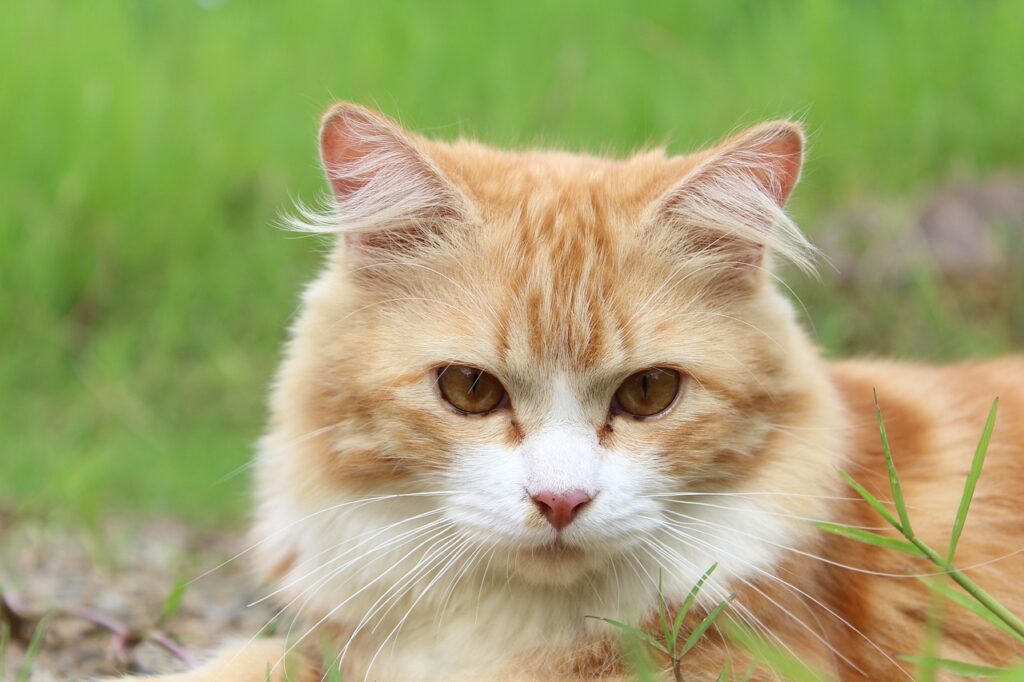Can Cats Eat Almonds? – No, They Can’t
Cats and almonds are not a match made in heaven, and it’s best to say they really don’t mix well. Almonds aren’t considered a safe snack for your feline friends. While not highly toxic, almonds can cause some health concerns for cats, which we’ll cover below.
Is It Safe for Kittens to Consume Almonds?
No, kittens should definitely steer clear of almonds. Their digestive systems are even more sensitive than adult cats, making them more susceptible to the negative effects of these nuts.
Risks Associated with Feeding Almonds to Kittens
When it comes to kittens, the potential risks of ingesting almonds include digestive distress and obstruction due to their small size, as well as the possibility of exposure to harmful substances like cyanide in bitter almonds.
Why Almonds are Not Recommended for Cats
Potential Choking Hazard
Almonds can pose a choking risk for cats. Their small throats are not designed to handle hard, tough-textured nuts, and there’s a real danger of almonds getting stuck or causing blockages.
Upset Stomach
Another reason almonds and cats don’t mix is because almonds can be hard on a cat’s stomach, potentially leading to gastrointestinal upset. Symptoms can range from mild discomfort to more severe pain and diarrhea.
Possible Toxins
Moreover, certain types of almonds, namely bitter almonds, contain traces of cyanide, which can be poisonous to cats even in small quantities. While sweet almonds aren’t toxic, they’re still not a good idea for your kitty to nibble on.
Known Health Issues in Cats from Consuming Almonds
If a cat does consume almonds, they might suffer from symptoms like vomiting or diarrhea. In rarer cases, more severe health issues such as pancreatitis from the high fat content can occur, which necessitates urgent veterinary care.
What to Do If a Cat Has Consumed Almonds?
- Immediate Observation: Keep a close eye on your cat for any signs of distress or unusual behavior after they’ve ingested almonds.
- Consult a Vet: If you notice any worrying symptoms, or if your cat has eaten a large number of almonds, call your veterinarian as soon as possible.
- Access Prevention: Ensure that all almonds and almond-containing products are kept out of your cat’s reach to prevent any future incidents.
Safe Alternatives to Almonds for Cats
There are plenty of safe and healthy alternatives to almonds for cats. Consider cat-safe treats that are specially formulated for their dietary needs, or small portions of cooked meat, fish, or a little bit of cheese as occasional treats.
Conclusion
In conclusion, it’s essential for cat owners to be vigilant about their pets’ diet and steer clear of feeding them almonds. Prioritizing your cat’s health and safety means keeping their paws off these nuts and sticking to a cat-friendly diet.



